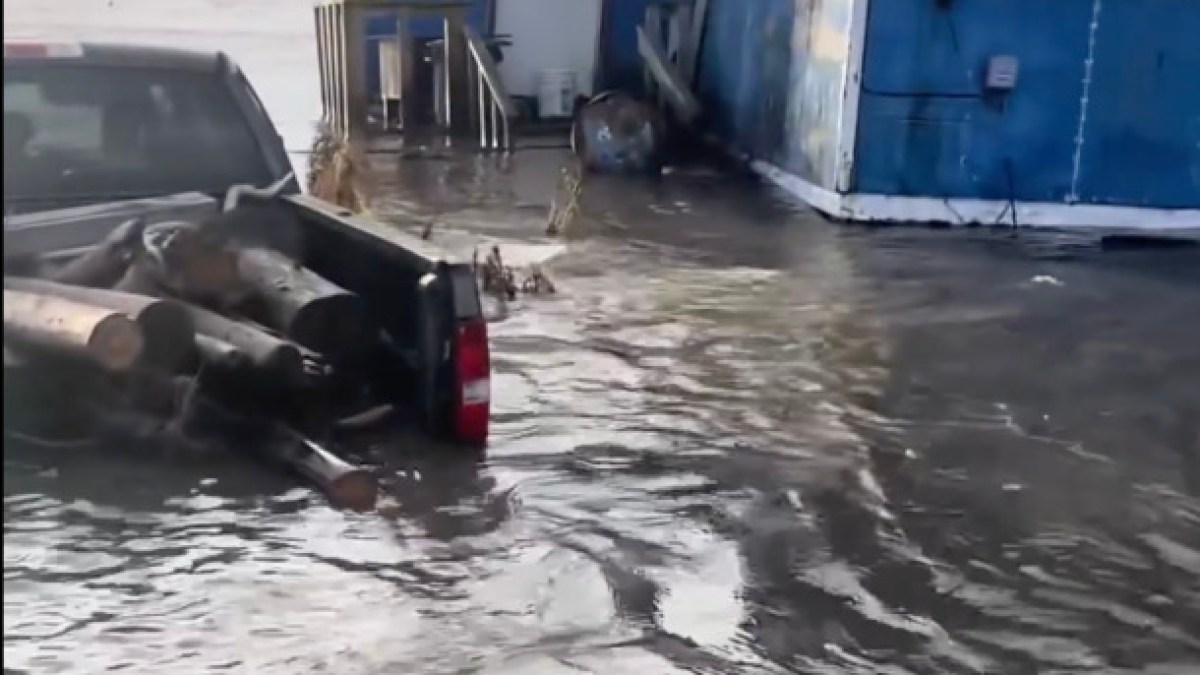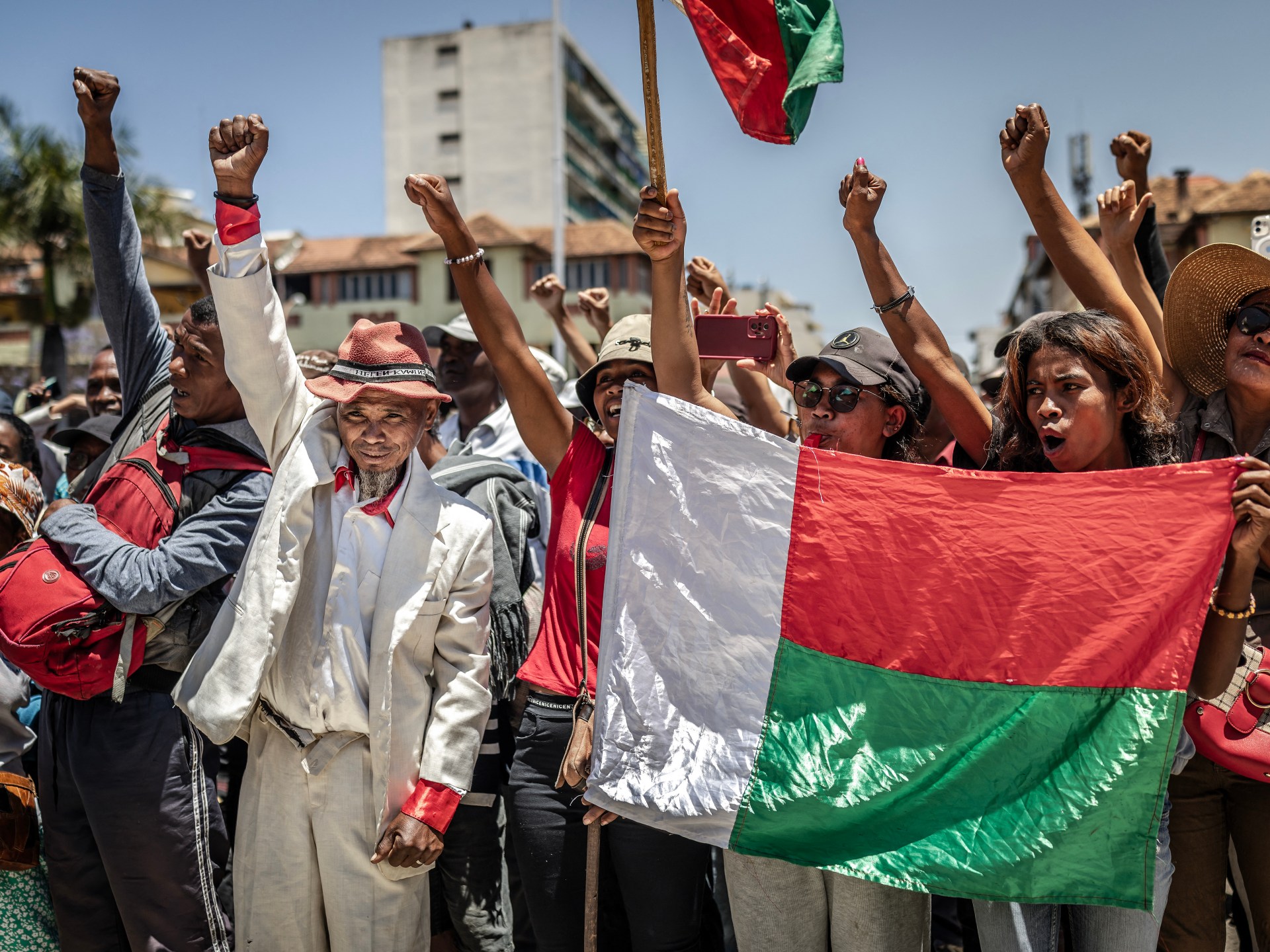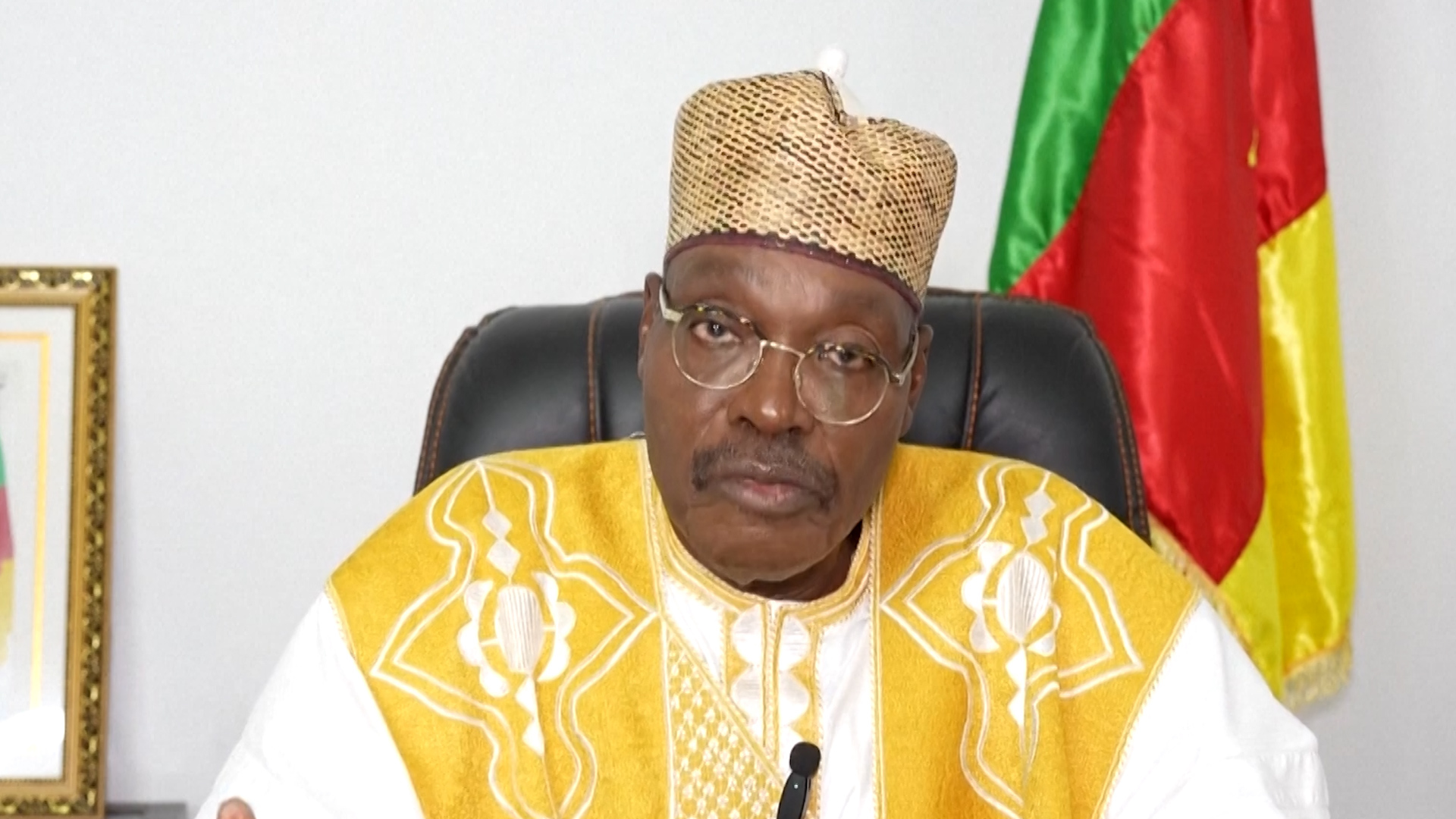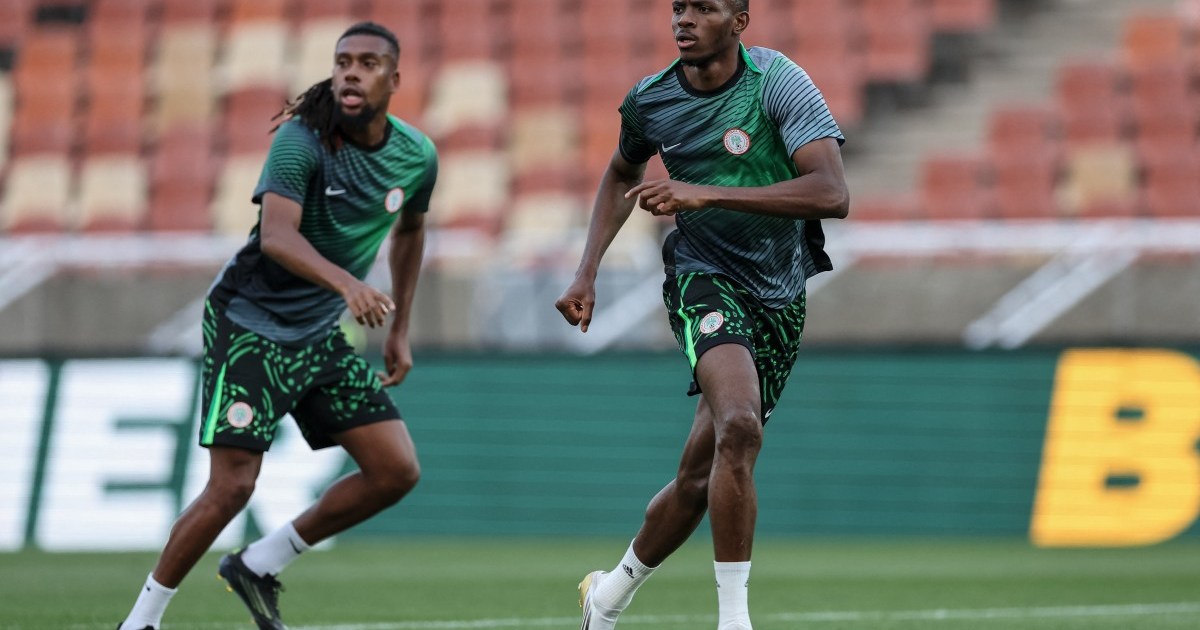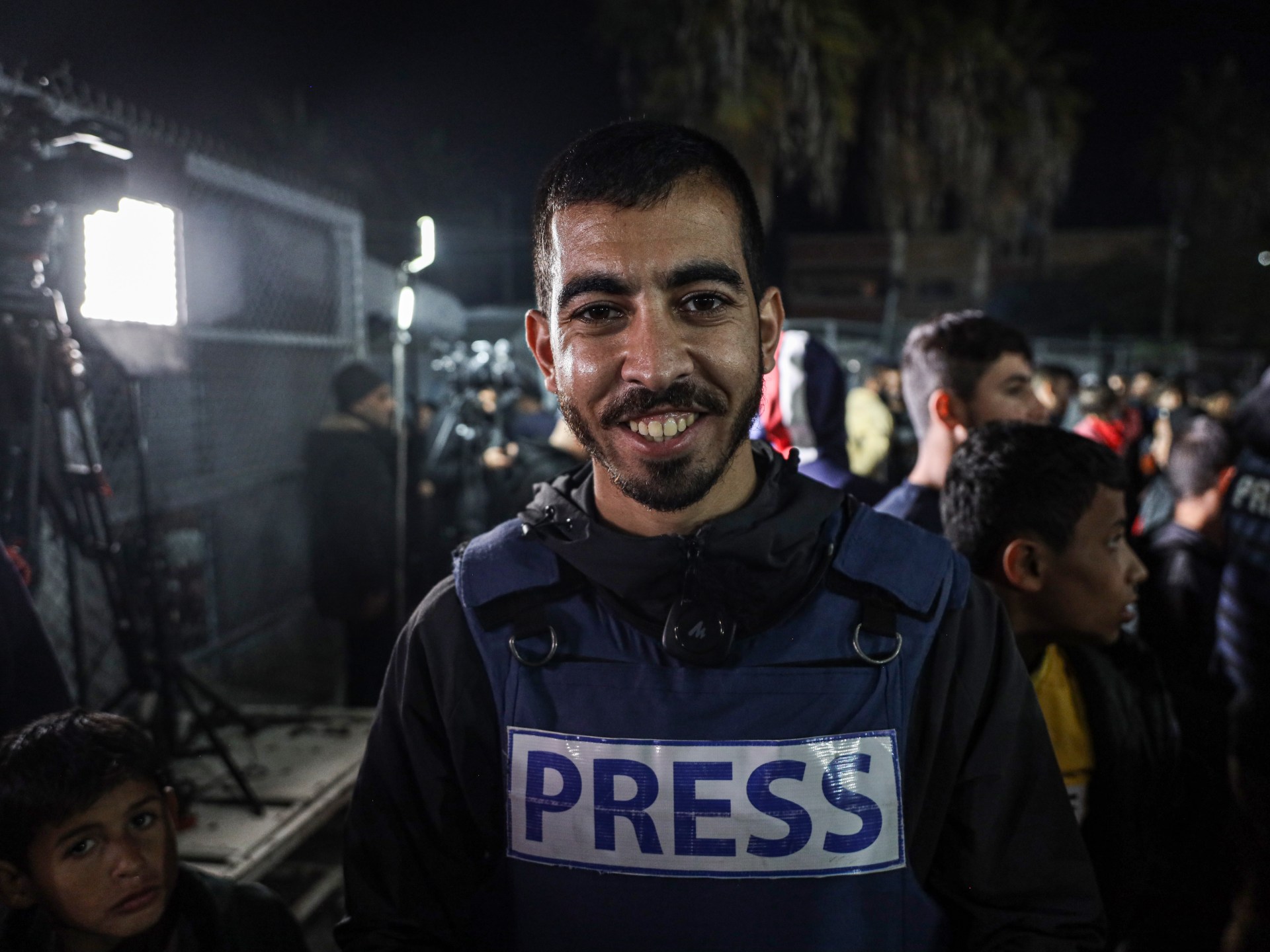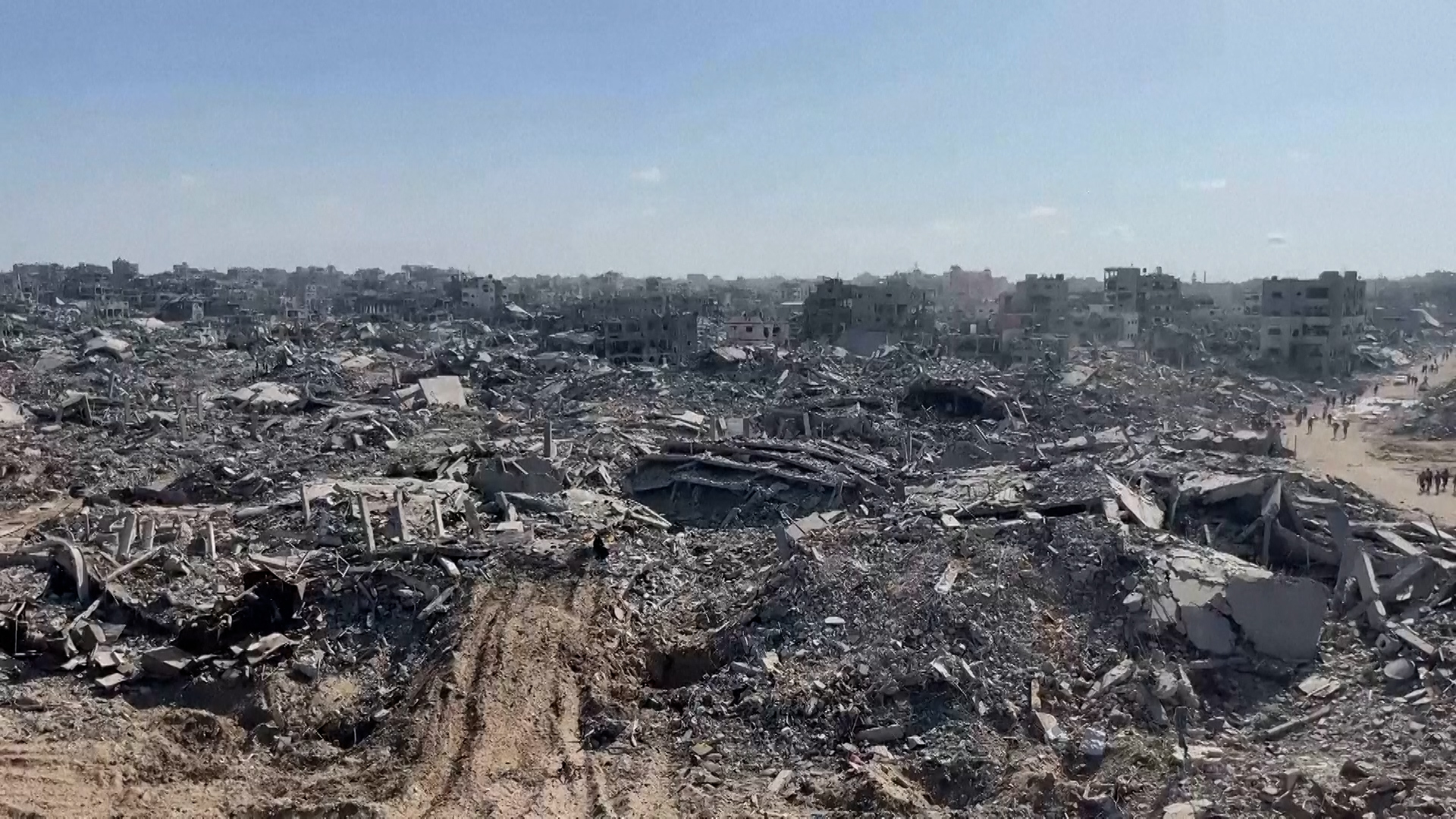When I heard of the murder of Saleh Aljafarawi, I was in shock. The war had finally ended. We all should have been safe. How could this happen? His assassination not only broke hearts; it also brought back the feeling of insecurity and fear.
Saleh and I lived in the same neighbourhood of Gaza City. We all knew him as a cheerful young man who loved singing. I remember seeing him during Eid prayers in front of the mosque, distributing sweets to children. He would sit and sing for them; my little sister loved to ask him to sing for her and her friends.
Saleh began working as an independent journalist and photographer during the March of Return in 2018. He would contribute to local outlets and post on social media. When the war began in 2023, he started documenting it with his camera. His footage posted on social media would get many shares. On Instagram, his account accumulated 10 million followers, and like other popular accounts documenting Israeli crimes, it was suspended multiple times.
Through the lens of his camera, Saleh covered the genocide in all its horrible detail. He was not afraid to rush to bombing sites to cover massacres, risking his life and joining the rescue efforts. He selflessly dedicated himself to journalism and broadcasting the truth about what was happening in the Gaza Strip despite he himself suffering.
Saleh’s mother had cancer, and she had to be evacuated out of Gaza for treatment. His older brother, Naji, was forcibly disappeared from al-Shifa Hospital by the Israeli army. Saleh’s father was also sick, so after Naji was disappeared, Saleh had to take up care for his whole family while continuing his work as a journalist.
Because of his popularity, he became a target. Israel started issuing threats against him, just like it did against Anas al-Sharif, Ismail al-Ghoul and Hassan Eslaih before assassinating them.
The night the ceasefire was confirmed, Saleh released a cheerful video announcing it, which went viral. His family felt safe for the first time. They thought the danger Saleh was facing was finally over, and they were hoping for Naji’s release so they could all be reunited.
But Saleh did not stop covering events. Although the occupation claimed to have withdrawn from Gaza, they left behind armed militias to spread chaos in the Strip. When the resistance clashed with these militias in the Sabra neighbourhood, Saleh was there covering it.
According to reports, he was kidnapped, beaten and shot seven times.
This news came as a shock to his family. His father’s condition worsened. Naji was released as part of the exchange of captives, but the family could not celebrate. Naji collapsed when he was told that Saleh had been killed just the day before.
The assassination of Saleh just after the ceasefire was announced sent shockwaves through the journalistic community in Gaza. His colleagues mourned and eulogised him, just as they had done for the more than 250 other journalists killed during the genocide.
His murder, however, is more than a loss of yet another brilliant Palestinian journalist. It is also a sign, a warning that Gaza’s journalists are still not safe. Anyone who works in journalism now or who, like me, hopes to do so, now understands that the danger has not abated with the ceasefire.
The Israeli army may have withdrawn from parts of Gaza, but the shadow of its campaign of exterminating those who documented its genocide lingers on. Now the threat comes from the militias the occupation has organised to continue waging war on the Palestinian population after the ceasefire.
The message of Saleh’s assassination is clear: Anyone who continues to critically report on what is going on in Gaza, on Israel’s continuing destructive presence and the betrayal of its allies on the ground will be captured, tortured and killed.
Journalists, and the civilian population at large, will continue to be in danger for as long as these Israeli collaborators are empowered.
Still, the attempt to intimidate and scare will not work with Gaza’s media workers. Despite the mass killing of journalists, people continue to take up this profession. I myself no longer feel safe, but I still do not intend to give up my media studies and my ambition to work in the field.
That said, Palestinian journalists do need support from abroad. We need unions, press freedom organisations and human rights watchdogs to mobilise and ensure protective mechanisms are put in place so Palestinian journalists will be safe. Foreign journalists must also not fall for smear campaigns against Palestinian media workers and openly extend their solidarity.
